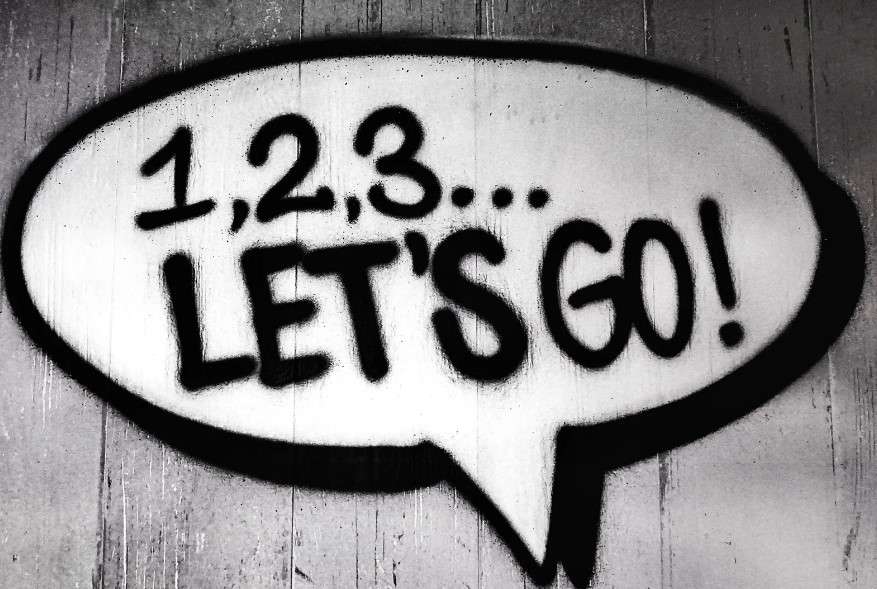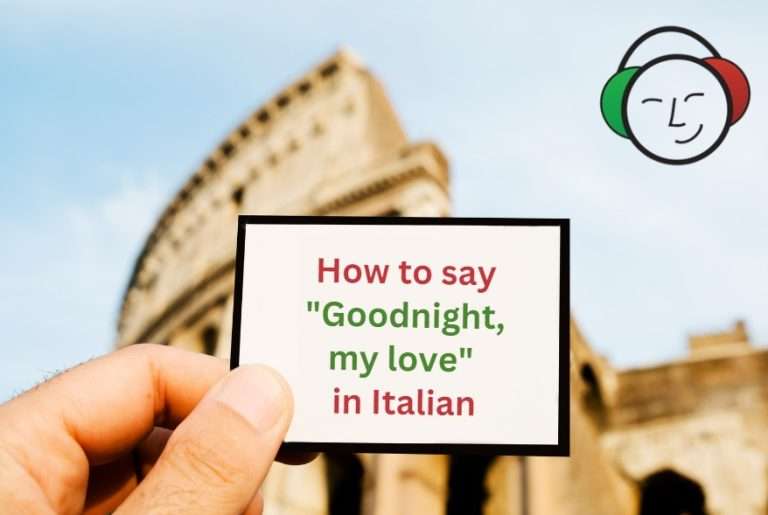How To Say “Let’s Go” in Italian with Examples
In Italian, there are several ways to say the phrase “let’s go,” depending on the context. This Italian language lesson will cover the various ways to say “let’s go” in Italian, examples of how it is used, and a brief explanation of the grammar.
1. Let’s Go as “Andiamo”
The most common way to say “let’s go” in Italian is “Andiamo.” This phrase translates to “let’s go” and can be used in many different contexts. For example:
- “Andiamo!” (Let’s go!)
- “Andiamo a casa.” (Let’s go home)
- “Andiamo al ristorante.” (Let’s go to the restaurant)
2. Let’s Go as “Partiamo”
Another way to say “let’s go” in Italian is “Partiamo.” This phrase translates to “let’s leave” and can refer to a physical departure, such as leaving a place. For example:
- “Partiamo!” (Let’s go!)
- “Partiamo subito.” (Let’s go right away.)
- “Partiamo per la nostra vacanza.” (Let’s leave for our vacation.)
3. Let’s Go as “Muoviamoci”
The final way to say “let’s go” in Italian is “Muoviamoci.” This phrase translates to “let’s move” and can be used when referring to physical activity, such as walking or jogging. For example:
- “Muoviamoci!” (Let’s go!)
- “Muoviamoci adesso” (Let’s go now)
- “Muoviamoci e facciamo una passeggiata” (Let’s move and go for a walk)

The Grammar Behind the Phrase “Let’s Go” in Italian
All three phrases use the first person plural form of the verb “andare” (to go) or “partire” (to leave), which is “andiamo”, “partiamo”, or “muoviamoci”, respectively. The verb is followed by an exclamation point to express excitement or enthusiasm.
The Phrase “Fare Due Salti in Discoteca” (Let’s Go Dancing)
The sentence “fare due salti in discoteca” is a widespread Italian expression that means “to do two jumps in the disco.” The actual meaning is “let’s go dancing.”
Suggested Reading:
- Unlock The Key To Saying Please In Italian: Here’s How (with Audio Examples).
- Instantly Master The Days Of The Week In Italian With These Tips And Examples.







